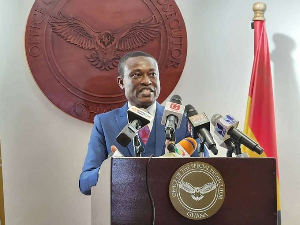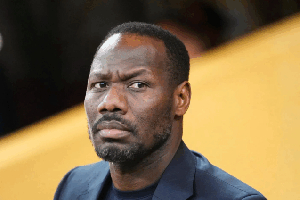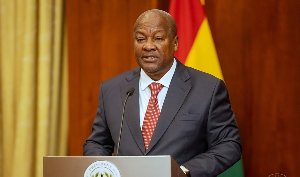Imagine the house next door is on fire and there is no fire brigade to call on to avert an imminent disaster about to engulf you and your family.
That is how Egypt has viewed Libya since the brutal end of former Libyan leader Colonel Muammar Gaddafi and his regime in 2011.
Libya has no properly functioning state institutions, no unified army or security forces to speak of, and, crucially, no border guards on its side of their porous 1,100km (685-mile) long desert border. Plus the country is awash with weapons.
The fire began to spill over when Libyans failed to agree on a path forward, militias of all kinds proliferated, jihadists resurfaced to pursue their dream of creating an Islamic state in Libya and beyond.
Egypt - which overthrew Islamist President Mohammed Morsi in 2013, and jailed him and other leaders of the Muslim Brotherhood - became a prime target:
- In June 2014, smugglers killed six Egyptian border guards
- In 2017, a group of jihadists crossed into Egyptian territory and attacked a security checkpoint, killing 16 soldiers and wounding 13 others
- Inside Libya itself, Egyptian labourers were targeted. In 2015 militants from the Islamic State group kidnapped and beheaded 21 Egyptian Christians, apparently in retaliation for the removal from power of President Morsi.
Post-Gaddafi Libya was quickly caught up in the chasm that has polarised and paralysed politics in nearly the whole of the Middle East and North Africa.
It is the struggle between the advocates of political Islam, foremost among which is the transnational Muslim Brotherhood and its many offshoots, and secular or quasi-secular forces and old-fashioned nationalists.
A UN-brokered deal that set up a provisional government in Tripoli failed to disarm the militias or achieve the national reconciliation it was created for.
Turkey, the turning point
As Libya fractured between an Islamist-dominated west and anti-Islamist east - it was only natural for Egypt, which had declared the Muslim Brotherhood a terrorist organisation, to throw its weight behind the man who had declared war on the Islamists in Libya, Gen Khalifa Haftar.
He had fought them and cleared Benghazi and other major urban centres in the east and south of Islamist militants.
For the past six years, Egypt's main goal had been to contain the fire within Libyan borders by giving covert support for Gen Haftar.
But things took a dramatic turn late last year when Turkey - the biggest supporter of political Islam in the region - decided to throw its weight behind the beleaguered UN-brokered government.
It offered technical and military support which eventually helped it to stop the advance of Gen Haftar's troops to capture Tripoli.
Africa News of Tuesday, 18 August 2020
Source: bbc.com













